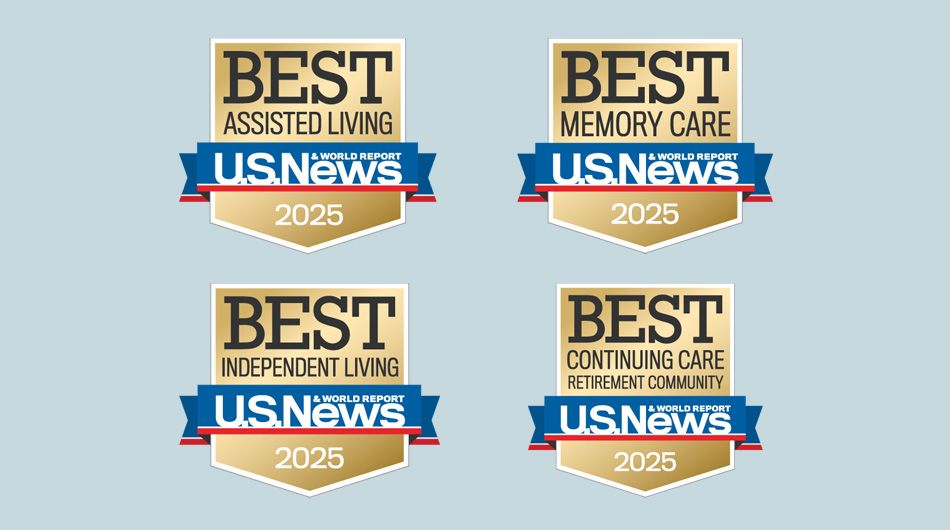
As a home care agency owner, you’ve spent valuable time and resources building a home care business, investing in various marketing options, hiring and training caregivers, and working with referral sources—all in the effort to care for your clients. Regardless of whether you use traditional or modern marketing media, the eventual result is your office’s phone ringing.
The person on your end of the call sets the initial and continued perception of your company. It’s critical for your business to make sure those responsible for calls coming into your agency are excellent in their phone etiquette and in best practices in follow up. What are you doing to make sure clients get the best possible experience on the phones? A simple or careless mistake can easily mean lost revenue for your home care agency.
Anybody There?
When you are unable to get to calls during business hours, it sends the message to clients you don’t care about their calls. Losing a potential client – or worse, an existing client – to another home care business because they are quicker to answer the phones can be costly. If adequate staffing to maintain availability on the phones is a challenge, using a third-party service to handle the overflow of calls is recommended.
Ring, Ring…
You should view your phone ringing as if someone was walking in and standing in your lobby. It’s a customer service best practice to answer the phones within the first two rings. Not only can a ringing phone start to deflate expectations to the client who is calling, it can be distracting to others in the office. If there’s hesitation between your office staff in who’s responsible to answer, establish an answering chain. The first person on the list is generally the receptionist. If they are busy on the phone, the next in line needs to answer the phone – and so on. This way there is no question as to who should be answering the phones.
Undivided Attention
The moment the phone rings and you decide to answer, all other things become distractions. If you are in your email, minimize the browser. If you’re reading client files, set them aside. The best way to meet the caller’s needs is to give them all your focus and attention.
Smile
The expressions you have on your face literally translate in tone over the phone. By smiling, it becomes easier to come across positive and speak in a pleasant tone.
Answer Professionally
“Hello?” is not an answer; it’s a question. The basic structure in a greeting has the following elements:
- Actual greeting: “Good Morning!”, “Good Afternoon”, “It’s a great day at…”
- Company name
- Name of person answering (possibly with title/role mentioned)
- “How may I help you?”
Example: “Good morning! ABC Home Care, this is Kevin (in Scheduling). How may I help you?”
You only get one chance to make a first impression and how you answer can set the tone for the entire call.
Speak Clearly & Be an Effective Listener
Be clear and understandable to those you talk with on the phone. Background noise, hearing difficulties, or where they are calling from might make it difficult for a caller to understand you.
Acknowledge their concerns or questions as you talk with them, and take the time to ask follow-up questions to ensure you understand what it is they hope you can do for them. As you’re listening, be empathetic. Potential home care clients in need of your services might be frustrated simply from losing some independence and requiring your services. Current customers who call with concerns also need to be heard and need to feel their concerns are being heard. Nothing can escalate dissatisfaction in the care they receive than feeling as though you aren’t listening, don’t care, or both.
Be Responsive
Whether you use an answering service to capture inbound calls, you can’t answer yourselves, or voicemail, be prompt in returning calls. Not returning calls can be the difference between a potential new client selecting your agency or another agency that is more responsive. Poor response times can lead to current clients growing dissatisfied, and possibly canceling services.
As you consider new office staff and existing office staff that would be sharing the responsibilities of answering calls, it’s important to discover how natural and comfortable they are at talking on the phone. Having at least one of your interviews during the hiring process conducted over the phone will give you the opportunity to hear how they sound. You’ll be looking for how engaging they are during the interview, how they handle difficult questions, and whether they are understandable. Chances are, if they can’t do a good job representing themselves on the phone, they will struggle in being a good reflection of your company on the phones.
As you train these office staff, be sure those answering calls know your company’s policies and procedures so each is able to better provide a customer experience that is satisfactory and consistent across the board. Negative experiences communicating with your company on the phone could be costing you lost revenue, but the good news is that implementing these suggestions is not difficult to do.
Related Posts







